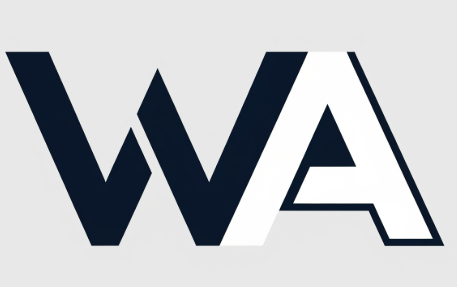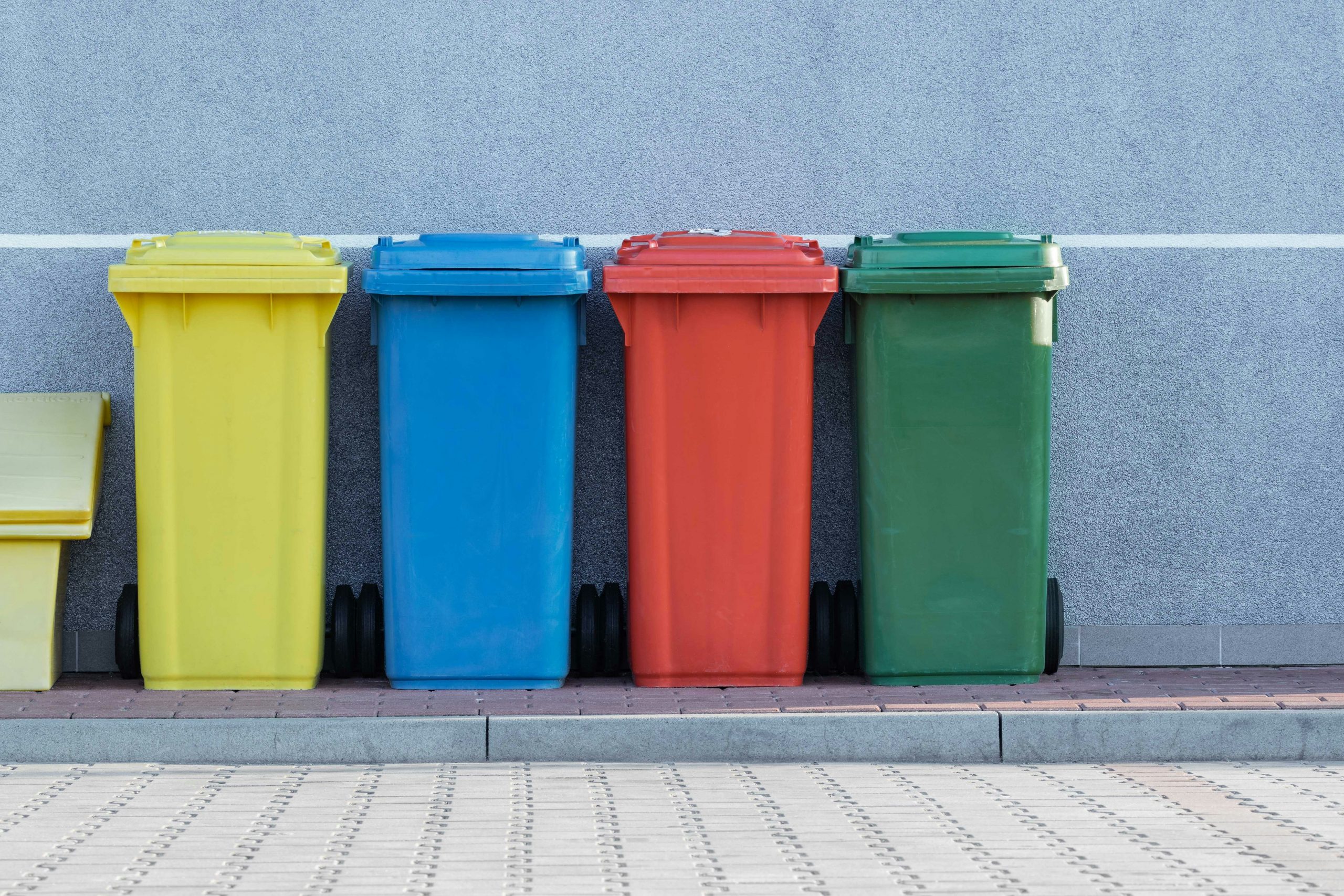The landscape for shipping waste within, into, and out of the European Union is undergoing its most significant overhaul in almost two decades. For businesses across the continent, understanding these changes is not just a matter of compliance—it’s a strategic necessity. The new landmark legislation, Regulation (EU) 2024/1157, has officially repealed and is set to replace its predecessor, Regulation (EC) No 1013/2006. This article serves as your essential, high-level guide to waste regulation, breaking down the core objectives, key changes, and immediate implications of these new waste shipment rules.
What is Regulation (EU) 2024/1157 & Why Was It Created?
Officially entering into force on May 20, 2024, EU Regulation 2024/1157 establishes the updated legal framework that will govern all transboundary shipments of waste. While the law is now active, its provisions will become generally applicable from May 21, 2026. This gives businesses and professionals a crucial transition period—a window of opportunity to understand the changes and adapt their processes accordingly.
But why was this new regulation necessary? The European Commission introduced this comprehensive update with several key objectives in mind:
- To better protect the environment and human health: The primary goal is to ensure that waste is managed in an environmentally sound manner, minimizing the negative impacts that can arise from its transport and treatment.
- To support the EU’s circular economy: By facilitating cleaner and more transparent shipments of high-quality, non-hazardous waste for recovery, the regulation aims to boost the EU’s secondary raw materials market.
- To tackle illegal waste shipments: The new rules introduce stricter controls, better monitoring, and enhanced cooperation between member states to combat the pervasive issue of illegal waste trafficking.
- To modernize and digitalize procedures: A core aim is to move away from cumbersome paper-based systems towards a fully electronic submission of information, increasing efficiency and data availability across the EU.
Key Changes: How 2024/1157 Differs from the Old Regulation (EC) 1013/2006
While some core principles of waste shipment control remain, Regulation (EU) 2024/1157 introduces significant updates in several key areas. Businesses familiar with the old system must pay close attention to these changes to ensure future compliance.
Stricter Controls on Waste Exports Outside the EU
One of the most profound changes concerns waste exported from the EU. To ensure that waste from the Union does not harm the environment in third countries, the new regulation establishes stringent conditions. Facilities in non-OECD countries wishing to receive EU waste must undergo independent audits to prove they can manage it sustainably and in line with Environmentally Sound Management (ESM) principles. Furthermore, the regulation introduces an explicit ban on the export of all plastic waste from the EU to non-OECD countries.
Enhanced Enforcement and Mandatory Digitalization
To crack down on illegal activities, the new rules establish an EU-level “Waste Shipment Enforcement Group.” This body will facilitate and improve cooperation and coordination between national authorities, making inspections more effective and harmonized. Central to this effort is the mandatory digitalization of procedures. By May 2026, the exchange of information and documents for waste shipments must be carried out electronically through a central EU system, making this a central tenet of any modern guide to waste regulation.
Clarified Procedures for Intra-EU Shipments
For shipments within the EU, the new regulation provides clarity and reinforces existing procedures. Shipments of non-hazardous, “green-listed” waste destined for recovery operations will continue to be managed under the general information requirements (as laid out in Annex VII). However, all other shipments, particularly those destined for disposal or involving “amber-listed” waste, remain subject to the stricter prior written notification and consent procedure, now supported by enhanced digital tracking.
What This Means for Your Business: A Practical Overview
Understanding the legal text is one thing; applying it to daily operations is another. Here’s a practical look at what the new waste shipment rules mean for key players in the sector.
For Waste Producers, Holders & Exporters
If your business generates or exports waste, the transition period is the time to act. You need to begin reviewing your export destinations, especially those outside the OECD, and ensuring your partners can meet the new auditing requirements. It is also crucial to start preparing your internal processes and IT systems for the mandatory switch to digital documentation and reporting.
For Waste Carriers & Logistics Companies
For those transporting waste, the emphasis on enhanced enforcement and full traceability is critical. Ensuring that all accompanying documentation is accurate, complete, and managed through the new electronic systems will be paramount. Any discrepancies could lead to significant delays, penalties, and liability issues.
For Destination Facilities (Recovery & Disposal)
Facilities receiving waste, particularly those outside the EU, will face greater scrutiny. They must be prepared for the new audit requirements to continue receiving EU waste shipments. For all facilities, providing timely and accurate confirmation of waste receipt and its final recovery or disposal through the digital system will be a non-negotiable part of the process.
Understanding the Timeline: When Do These Rules Take Effect?
A clear understanding of the timeline is essential for planning your transition. Here are the key dates:
- Entry into force: May 20, 2024. The regulation is officially law.
- General application date: May 21, 2026. This is the critical date when most provisions become mandatory for all businesses.
- Phasing-out of 1013/2006: Be aware that certain procedures under the old regulation have specific end-dates that may differ, particularly for shipments already notified and consented to before the new rules apply.
Conclusion: Preparing for the New Era of Waste Shipments
Regulation (EU) 2024/1157 represents a fundamental shift towards greater control, transparency, and sustainability in the cross-border movement of waste. The message from Brussels is clear: a proactive, diligent, and transparent approach is no longer just best practice—it is a legal requirement.
Businesses should use the current transition period wisely. This is the time to understand the new waste shipment rules, conduct gap analyses of current procedures, train staff, and engage with partners to ensure a seamless and compliant transition by the 2026 deadline.
Staying compliant with the new waste shipment rules is an ongoing journey. Bookmark The Waste Advisors and check back regularly for the latest insights, guides, and regulatory updates to ensure your business is always prepared.

